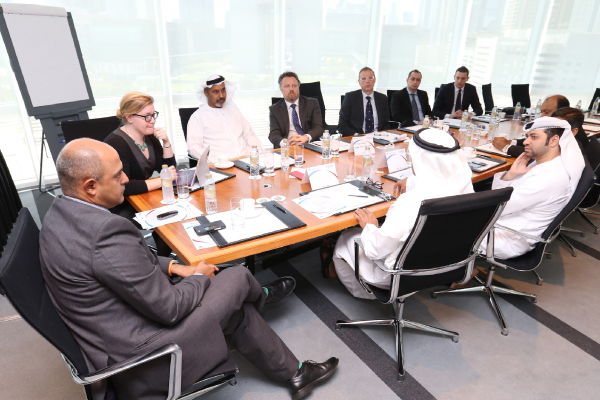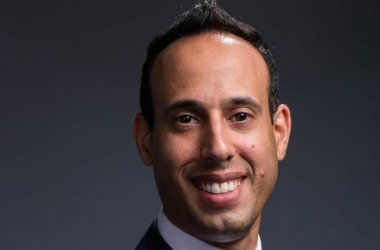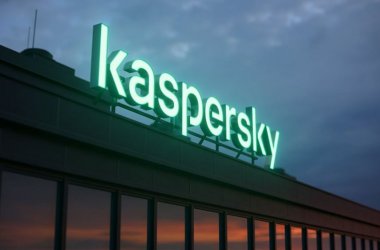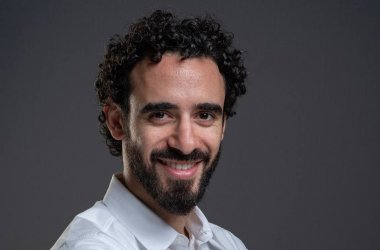Regional governments have a mandate to smarten up their services. If managed correctly, these smart services can go far in breaking down barriers between government agencies and their citizenship.
With initiatives in place throughout the region to create smarter cities with projects that enable both citizens and government agencies, CIOs of regional government agencies have their work cut out for them.
The future of digitally enabled government services will determine how the government interacts with citizens and vice versa. As disruptive technologies become common place, citizens demand contact with government agencies be incorporated with the technology with which they are already comfortable.
The event kicked off with a keynote address from His Excellency, Dr. Saeed Al Dhaheri, Former Director General of Emirates Identity Authority and Formal Advisor to His Highness the Minister of Foreign Affairs. Al Dhaheri outlined the changing role of the government, and what factors are driving that change. “The government is shifting from a passive service provider to a collaborator and facilitator,” he explained, “and from a problem solver to a solution enabler.” As to what is driving this shift, Al Dhaheri points to four factors: demographic changes, economic improvements, technological innovations and societal contributions.
Ahmed Baig, Senior Director – Corporate Strategy, Risk and Excellence, Smartworld, then shed some light on the integration of the Internet of Things and the role of managed services in future digital governments. Managed services and public private partnerships will play a key role in the transition and maintenance of government digital services.
“There are a number of challenges that we face when moving into the Internet of Things,” Baig explained. From security, to a lack of global standards, he said, IT professionals have a great deal to consider before leveraging digital solutions. Managed services, he explained, can alleviate many of those challenges. “With managed services, governments can rapidly penetrate new markets, increase agility, and let departments focus on core business.”
Safder Nazir, Regional Vice President, Smart Cities and IoT, Huawei, then took the stage to outline the changing and evolving demands on the CIO in a smarter world. “These days,” Nazir explained, “the “I” in CIO stands for much more than “information.” “Innovation, integration, internalisation and implantation,” he said, “are now all part of the CIO role.” The key in fulfilling all of the demands laid on the CIO is to foster partnerships that can support new government initiatives.
The take-away from the day’s event was clear – government needs to adapt with the changing needs of their economy and their citizenship. Participants agreed that the goal is to “bring down the wall” between citizens and their governments. If governments truly digitise their services, the goal is to shift the perspective of government services as slow and inconvenient, and open up a dialogue between citizens and government. To achieve this goal, managed services from private entities are a must.





